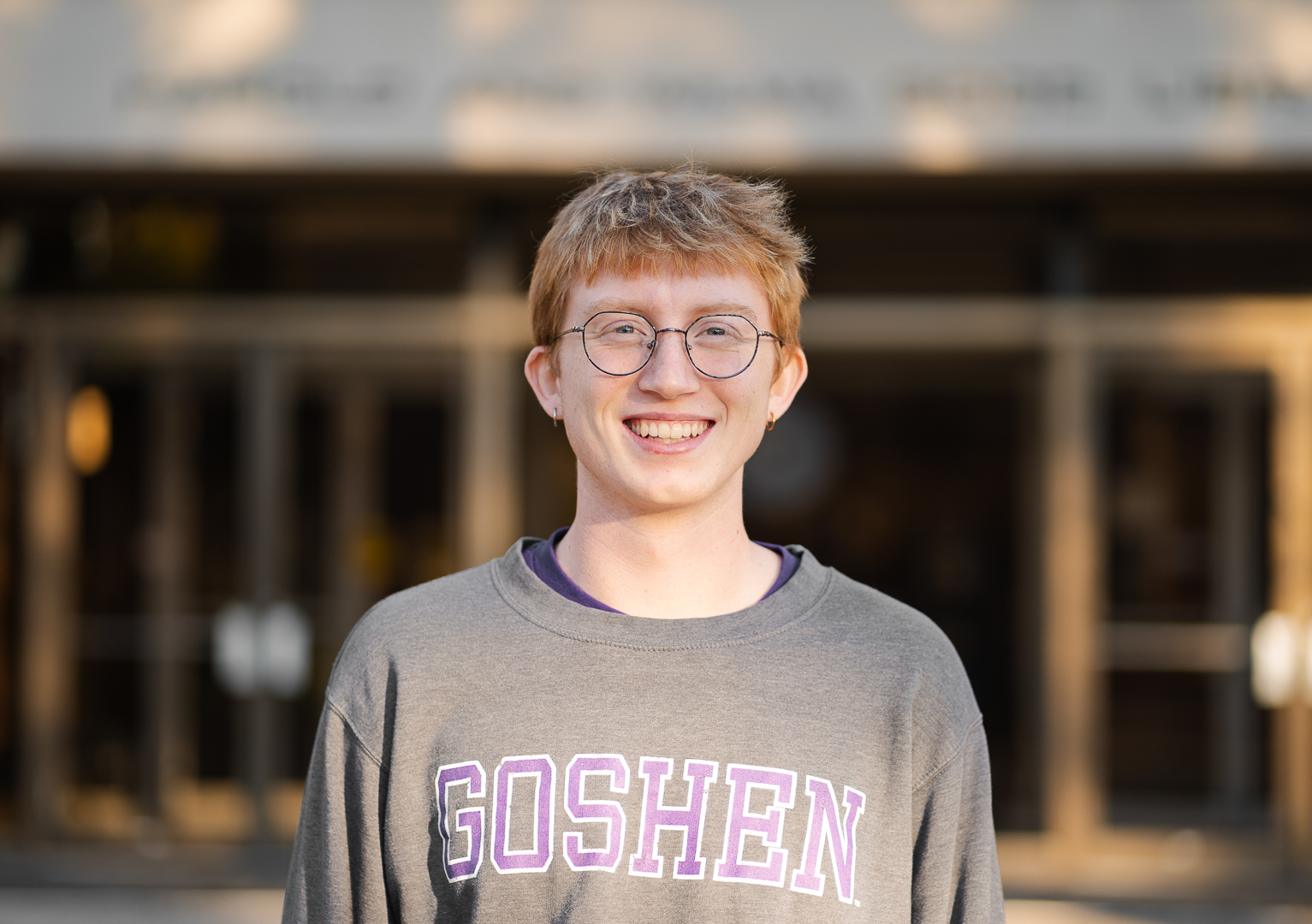Modern day media is consumed with almost no thought. It’s become a mindless activity, done only to pass the time. The biggest production companies have caught on to this, taking their media empires and forcing them into a generalized direction, hoping to make content that reaches a wider audience. This is not only making them so much money that the executives at companies like Comcast, Disney and Warner Bros could wipe with $100 bills, but it’s also putting a stranglehold on creativity in pop culture.
It’s not just movies and television that are becoming less creative, it’s all forms of online entertainment: YouTube, social media, music and more. Over past decades, however, creativity has been tracked in individuals using The Torrance Test, providing a useful metric for current and past states of creativity.Starting in 1958, Ellis Paul Torrance developed and implemented a test looking for ways to measure creativity. Since then it has become the golden standard for gauging just that; putting subjects through a series of open ended questions designed to let the mind find its own solutions. With data going that far back, researchers have watched Torrance Test results take a nosedive since the birth of the internet in the ‘90s. One researcher of this data at the University of William and Mary insists that we are now in a “creativity crisis,” and it’s because of the elimination of boredom, through outlets such as social media.
In The Comfort Crisis, a book by Michael Easter, Easter talked with James Danckert, an Australian neuroscientist, describing a link between boredom and creativity.
“Boredom doesn’t make you more creative. It just tells you ‘do something!’” Danckert said. Easter added, “And when that ‘something’ is letting our mind revive unfocused mode … rather than blanketing it with the exact same media that everyone else is consuming, we begin to think, quite literally, on a different wavelength. That’s what creativity requires.”
On the Huberman Lab Podcast, Rick Rubin, a legendary music producer and big proponent of the creative process, talked about his experiences with nailing down creativity: “I think language is insufficient to drill down on creativity, it’s closer to magic.” On another topic, Rubin talked about the true meaning of being an artist: “The reason I chose to be an artist is to demonstrate ‘this is how I see it.’ If I’m undermining my own taste for some commercial idea, it defeats the whole purpose of doing this.”
I think these two points help to back up my thoughts exactly. Humans by nature are creative and social, so combining those two aspects was only a matter of time. Technology has only exacerbated the commercialization of previously creative endeavors, taking the emotion of hyper-specific and unique human experiences and broadening them for capital gain.
The music industry is no stranger to these tactics either. With each passing year, streaming provides more and more people with easy access to music that can be algorithmically presented, instead of discovered. Through this, the process of finding one’s unique music taste has become harder, as big streaming services like Spotify and Apple Music only want to push the music that has the potential to make them the most money, i.e. the most generic and applicable music. There have also been huge pushes from publishing companies for artists to put more songs onto albums.
Putting more songs into an album, a tactic employed by artists such as Drake, Migos and Taylor Swift, is newfound, as albums with more songs have proven in recent years to generate more streams and make more money. As a result, the albums are less inspiring and creative sonically, as well as bloated with songs that don’t necessarily live up to the standards previously set forth by the artists.
I think Andrew Huberman, the host of Huberman Lab, put it the best: “Most people don’t actually know what they like. They like what they like because of the certainty of the people they like.” Art and creativity, for purely the sake of making money and appealing to wide audiences, is not art, nor creativity. It’s a business tactic derived from the modern age of technology, constant bombardment of information and minimal boredom.
Art is the essence of the human experience — to take nothing and make something, to find simple beauty in the complexity of plainness — that is what it means to be human. The dullness of modern day popular art forms does nothing but give in to the generalized global experience, when in reality, each life is hyper specific and needs to be hyper realized. So I urge you, delve into the path least taken, find meaning where others don’t, trust yourself to find good art for yourself and please, appreciate true creativity whenever you can.




